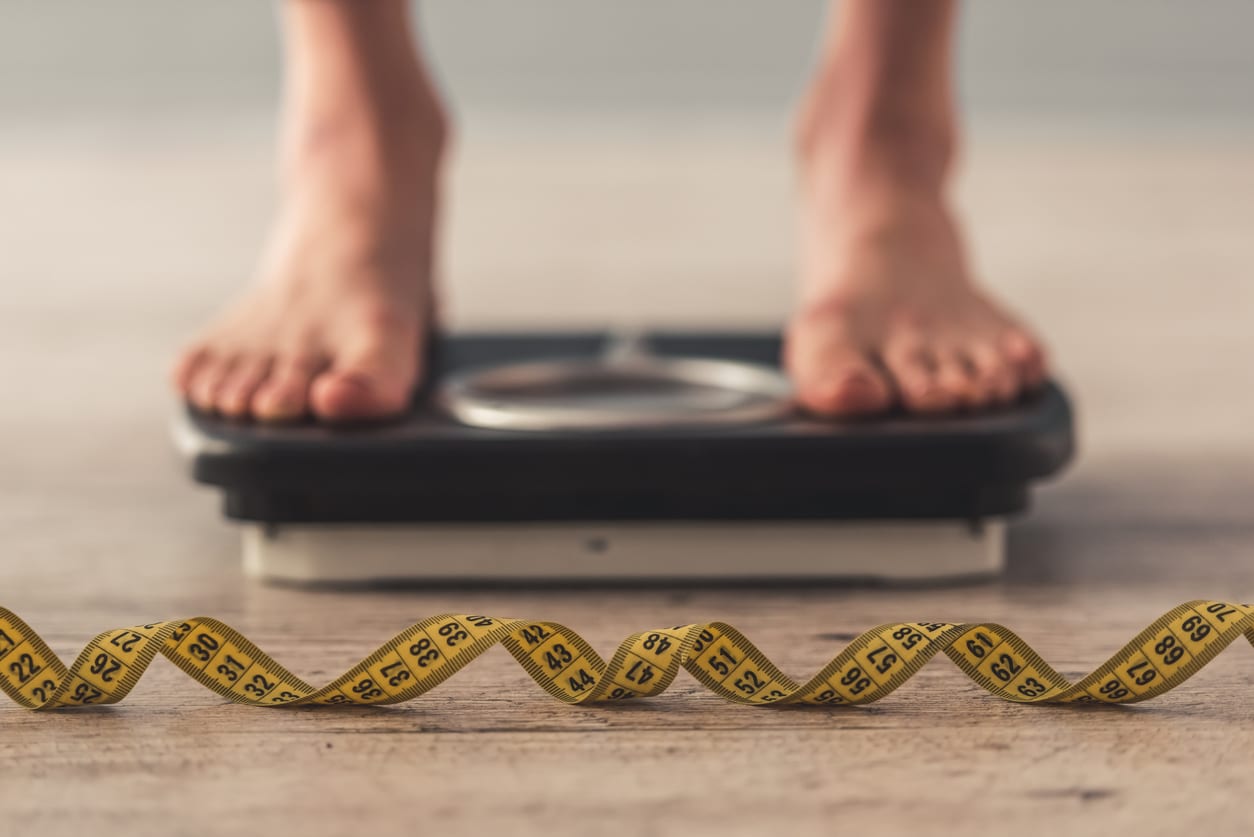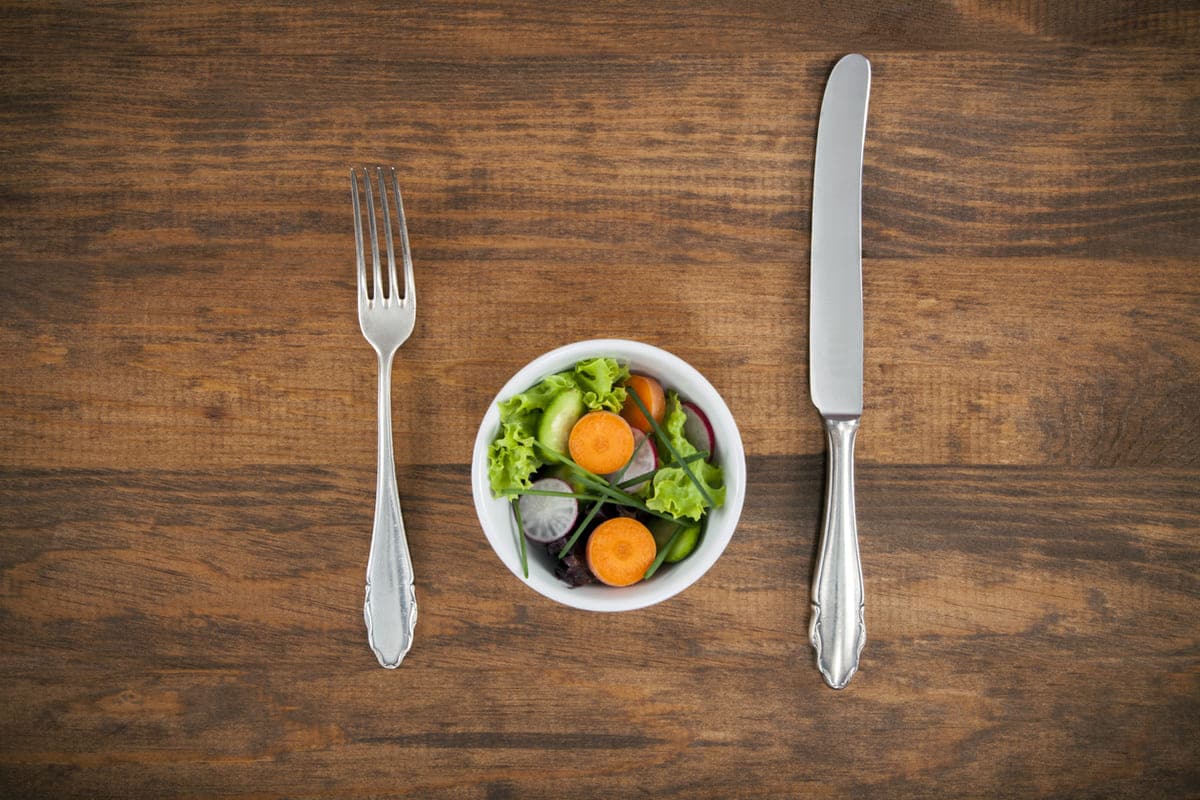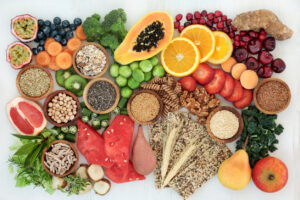Many dieters sing the praises of intermittent fasting. This is a practice of dedicating specific windows of the day to fasting and not fasting. It allows the body to use up its sugar stores, so it starts burning fat.
If intermittent fasting isn’t working for you, you may want to try an alternative called dirty fasting. It involves eating limited calories, ideally 100 calories or less, during the fasting window. Some people prefer it to intermittent fasting because it makes it easier to get through fasting periods.
This article will take a close look at dirty fasting so you can decide if it’s right for you.
Does Dirty Fasting Work?

Dirty fasting is effective because it involves a restricted calorie intake that will aid in weight loss. However, it is not the same as clean fasting, which requires you to abstain from foods for a specific amount of time. Therefore, it may not provide some of the beneficial results that clean fasting does.
For example, clean fasting promotes autophagy, a sort of ‘cleaning of the cells’ that maintains cellular function and lowers the risk of disease. It also reduces insulin resistance and blood sugar levels.
Dirty fasting may reduce inflammation, cholesterol, and blood pressure while aiding with weight management. But it won’t produce the same effects clean fasting does. There is limited clinical research on dirty fasting, so it is difficult to say how effective it can be.
One study conducted on dirty fasting showed that consuming some food during a fasting period can suppress hunger, making it easier to achieve dieting goals. However, a specific nutrition bar was given to study participants to reduce hunger during fasting periods. It’s unclear whether another type of food would have similar results.
Increase your fasting time without hunger, and order Fast Bar. Use Coupon Code: PRIME for $10 off your order.
How to Dirty Fast

Dirty fasting is like intermittent fasting in that people should set aside windows when they want to eat and when they want to ‘fast.’ Some people may eat within a 6-to-8-hour window and fast for the remaining 16-18 hours a day, but it’s important to find a schedule you are comfortable with.
Instead of completely fasting during fasting windows, those who dirty fast are permitted a certain number of calories, ideally under 100. This can come in the form of a cup of bone broth or a splash of milk, cream, or sweetener added to your coffee. It’s essential to choose a calorie consumption limit and stick to it so you can achieve your fitness goals.
Here is an idea of what a dirty fasting diet may look like:
- 8 AM: 1 grapefruit, 2 eggs, a piece of whole-grain toast
- 10 AM: 1 cup of minestrone soup, 1 medium orange, 1 cup spinach
- 12 AM: 1 cup celery and a ¼ cup hummus dip
- 3 PM: A veggie and chicken or tofu stir fry with 1 cup brown rice
- 4 PM to 8 AM would be the time to fast. During this time, you may allow yourself a cup of bone broth soup (approximately 40 calories) and a cup of coffee or tea with a tablespoon of creamer (approximately 45 calories).
Pros and Cons of Dirty Fasting
Dirty fasting comes with its share of pros and cons. Here are some to consider.
Pros:
Offers Some Fasting Benefits: Dirty fasting offers some fasting benefits. It can aid with weight loss and lower inflammation, blood pressure, and cholesterol.
Easy Alternative to Intermittent Fasting: If you find it difficult to get through periods of intermittent fasting, you may find it easier to dirty fast as you will be able to eat some foods to suppress hunger during fasting periods.
Cons:
It’s Unregulated: Dieters who dirty fast should keep their caloric intake to 100 calories or under. However, there are no hard and fast rules regarding how many calories they can consume. Without regulations in place, you may end up having more calories than you should.
It Doesn’t Provide the Same Benefits as Clean Fasting: Dirty fasting and clean fasting are not the same, and they do not have the same benefits. Dirty fasting may not be as effective in promoting weight loss, lowering blood pressure, cleaning the cells, and reducing insulin resistance.
Other Types of Modified Fasting

Intermittent and dirty fasting are two types of fasting diets to consider. You may also want to look into:
Modified Fasting
This is a 5:2 method that involves eating your usual diet 5 days a week and then limiting food consumption to 20 – 25% of what you normally intake on two consecutive weekdays.
Alternate Day Fasting
This involves fasting every other day.
Dirty fasting is an effective way to cut down on calories, but it comes with its share of pros and cons. It may be an easier meal plan to follow than clean fasting, but it doesn’t provide the same benefits. Will you be trying it to aid you in reaching your fitness goals?
Jumpstart your fast and weight loss; order the ProLon 5-Day Fasting Mimicking Diet. In the U.S. and Canada, use Coupon Code: PRIME for $25 off your order.
Read Next:
Intermittent Fasting vs. Alternate-Day Fasting: What is the Difference?
Keto Diet vs. Fasting: Which is Best For You?
How To Get Fit When You Hate Diet and Exercise







